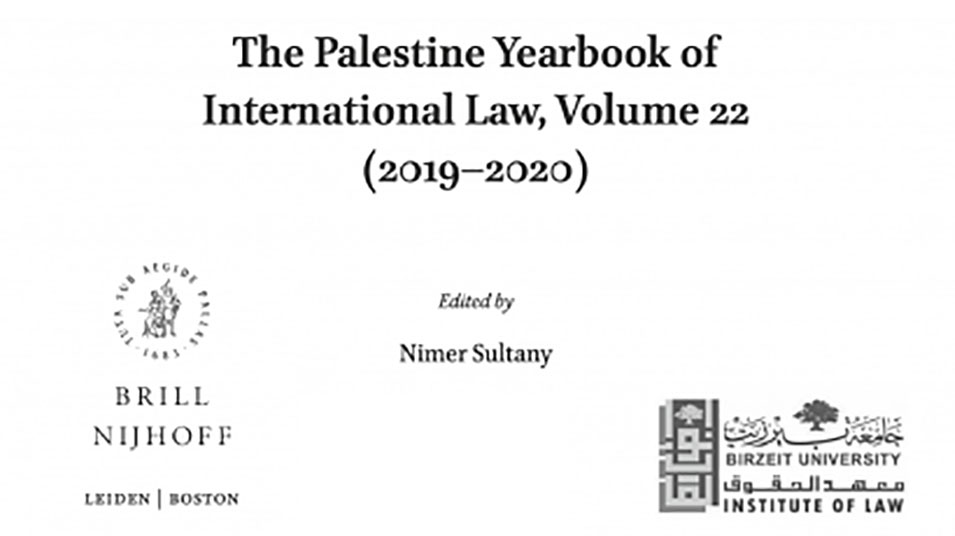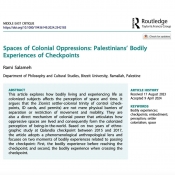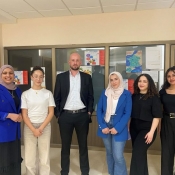Law institute publishes 22nd Palestine Yearbook of International Law
Birzeit University’s Institute of Law has published the 22nd issue of The Palestine Yearbook of International Law, an annual publication that provides critical legal studies on contemporary issues in Palestine as well as key legislation and court decisions translated into English.
In the 22nd edition, published together with Brill–Nijhoff, legal practitioners, researchers and scholars explore the Palestinian cause and the discourse of international law from an anti-colonial, anti-hegemonic perspective, highlighting third-world approaches to International law. The book comprises four parts, the first of which includes academic articles; the second, case commentaries; the third, review essays; and the fourth, book reviews relevant to colonialism.
The academic articles were legal papers entitled “Using the Master’s Tools to Dismantle the Master’s House: International Law and Palestinian Liberation,” by Ralph Wilde; “Fact and Fiction: the Nation-State, Colonialism, and International Minority Law,” by Sally Shammas; “Systemic Economic Harm in Occupied Palestine and the Social Connections Model,” by Shahd Hammouri; and “Restrictions on Freedom of Movement in the West Bank: A Policy of Apartheid,” by Costanza Ferrando.
In the second section, Nadija Samour and Ahmed Abed provide a commentary on the role of the German judiciary in protecting the right to Boycott, Divestment, and Sanctions.
John Reynold, in the third section, presents an essay in which he reviews Rashid Khalidi's “The Hundred Years’ War on Palestine: A History of Settler Colonialism and Resistance, 1917–2017” and Noura Erakat’s “Justice for Some: Law and the Question of Palestine,“ while Ata R. Hindi discusses Andraž Zidar and Jean-Pierre Gauci’s edited volume "The Role of Legal Advisers in International Law” in his essay “The ‘Visible’ and ‘Invisible’ College of Legal Advisers.”
The final section of the yearbook contains three book reviews. Diana Buttu reviews Rouba Al- Salem’s “Security, Rights and Law: the Israeli High Court of Justice and Israeli Settlements in the Occupied West Bank”; Omar Shehabi reviews Marco Longobardo’s book, “The Use of Armed Force in Occupied Territory”; and Alicia Pastor y Camarasa discusses Angélica Maria Bernal’s “Beyond Origins: Rethinking Founding in a Time of Constitutional Democracy.”







